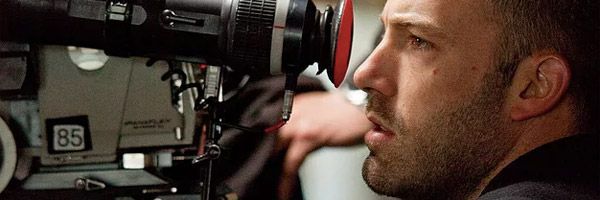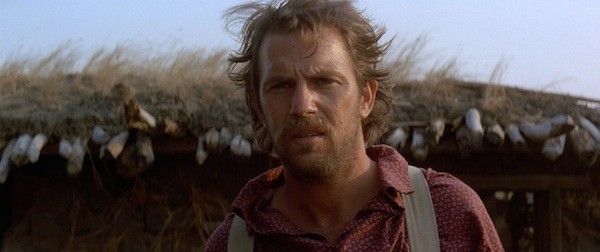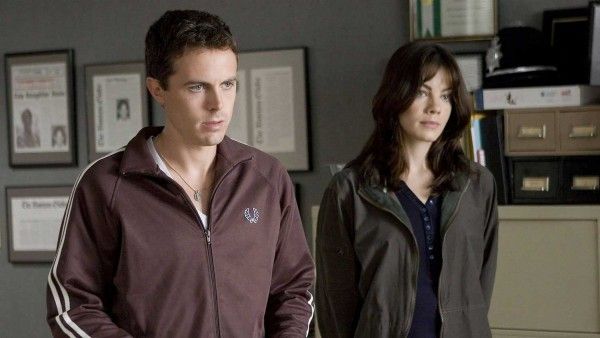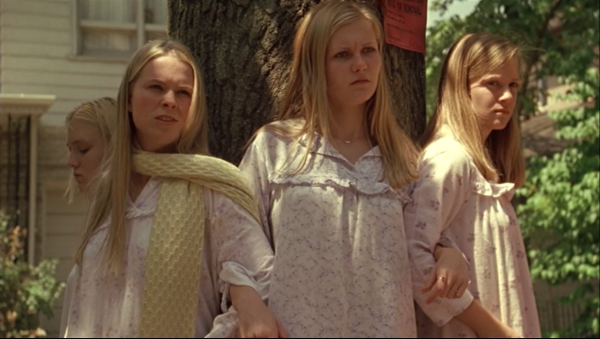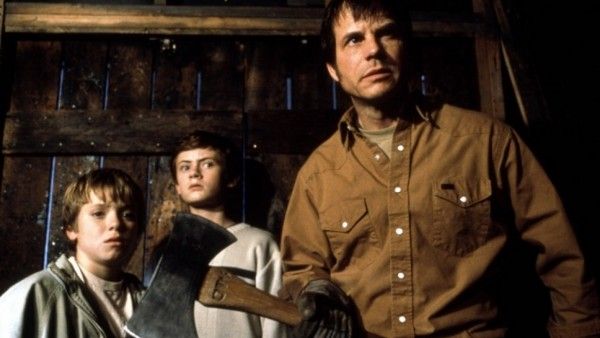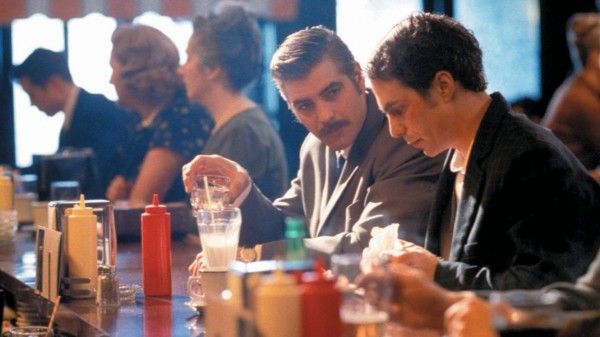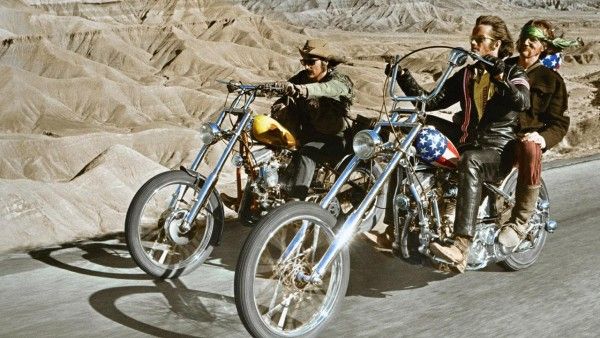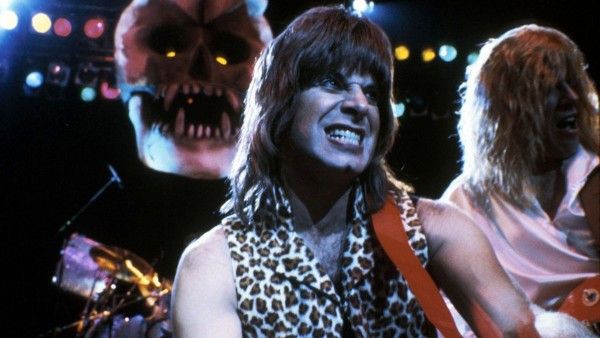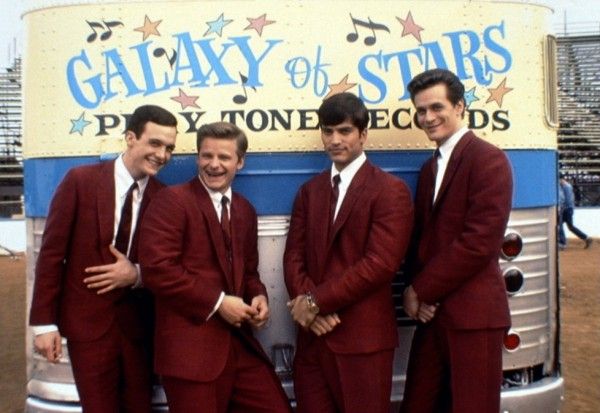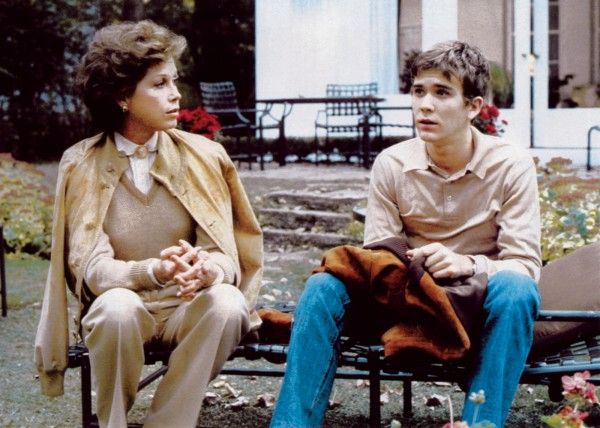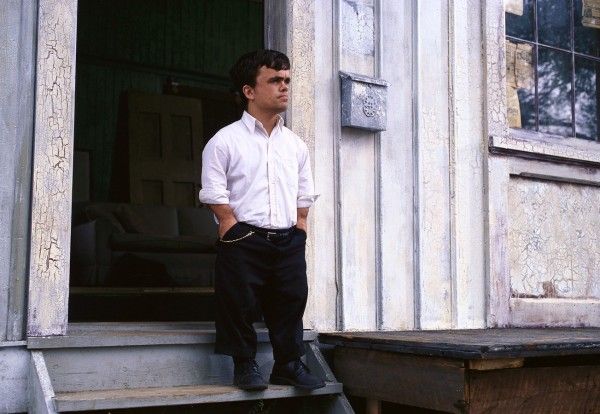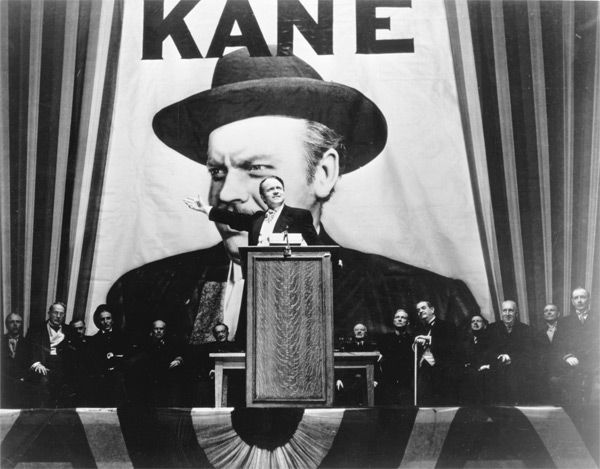Filmmaking is a collaborative medium. It takes a village to make any film a reality, and every great film ever made has benefited from having tremendous craftsmanship at every level—not just the script, performances, and directing but also the production design, cinematography, sound design, etc. And while collaboration is the name of the game, expertise at each individual level is sometimes tough to achieve, and you don’t tend to see too much crossover between the various jobs.
One notable exception is the transition from acting to directing or screenwriting. As the faces onscreen, actors have an intimate relationship with the camera and storytelling that can sometimes translate into terrific skills behind the camera (although sometimes it’s a complete disaster). While there are a number of actors over the years who’ve made the successful leap to directing, few have hit it out of the park right out of the gate.
One actor whose directorial debut was a smashing success is Bradley Cooper, who is hot on the Oscar trail for his work directing, co-writing, and starring in A Star Is Born. With that film fresh on the brain, I thought it prudent to take a look back at some other actors whose directorial debuts were notable. Without further ado, let’s dig in.
Kevin Costner – Dances with Wolves
Kevin Costner was the dreamy and terrifically talented actor known for films like The Untouchables, Bull Durham, and Field of Dreams when he decided to try his hand at directing with 1990’s Dances with Wolves, a Western epic set during the Civil War on the American Frontier. Costner not only proved he could direct, he crafted a bona fide phenomenon. Critics and audiences alike sparked to Costner’s patient, sweeping adaptation, and the film became the first Western to win the Best Picture Oscar since 1931’s Cimarron. The movie scored seven Oscars in total, including two for Costner—Picture and Best Director. Yes indeed, let Dances with Wolves serve as recent proof that an actor’s directorial debut can win him or her the Best Director Oscar.
Ben Affleck – Gone Baby Gone
Rarely has a performer staged a greater comeback as a respected filmmaker than Ben Affleck. The Oscar-winning writer became a Hollywood go-to in front of the camera throughout the 90s and early 2000s, but a series of subpar films and bad press for his offscreen relationships eventually made Affleck somewhat toxic, culminating in 2003’s disastrous one-two punch of Gigli and Paycheck. Affleck subsequently took a step back and chose meaty supporting roles in films like Hollywoodland while he readied his directorial debut, the Dennis Lehane adaptation Gone Baby Gone. The character-rich, emotionally devastating 2007 crime drama impressed critics with Affleck’s restrained yet confident handle behind the camera, and while The Town showcased his talent for action and Argo brought him the Best Picture Oscar, Gone Baby Gone remains a wildly impressive film, not just as a debut feature, but as a feature full-stop.
Sofia Coppola – The Virgin Suicides
Sofia Coppola took significant heat for her onscreen role in her father’s sequel The Godfather Part III, and while her acting career was never as prolific or high-profile as some of the other performers on this list, she made the transition to director successfully with her 1999 adaptation of The Virgin Suicides. The drama was met with a positive critical reception, singling out Coppola’s clear talent and promise behind the camera. While she would subsequently find greater success with Lost in Translation a couple years later, The Virgin Suicides remains an impressive debut that signaled great things to come from the then-28-year-old filmmaker.
Bill Paxton – Frailty
Bill Paxton didn’t end up directing too much in his tragically short-lived career, but his debut Frailty is full of the passion, ambition, and meticulousness that proved he understood filmmaking on a deep level. The 2001 thriller is something of a horror film packed with rich characters and compelling storytelling. Paxton pulls double duty as director and actor in the film, playing a delusional father who tells his two young sons he’s been visited by an angel and tasked by God with destroying demons. The film plays out in frame story, with Matthew McConaughey playing an adult version of one of the brothers, and the deftness with which Paxton threads these two narratives is beyond impressive. Frailty is a bit of an underseen gem, but it's well worth a visit.
George Clooney – Confessions of a Dangerous Mind
George Clooney feels like one of those performers who spent his entire career soaking up what he could from the diverse range of filmmakers with whom he worked, all leading up to his turn behind the camera. Confessions of a Dangerous Mind was a wildly ambitious choice of material for that first go-around as a filmmaker, and while Good Night, and Good Luck. may be of greater importance, Confessions remains one of Clooney’s best directorial efforts thus far—if not the best. There’s a verve and go-for-broke mentality that’s missing from a lot of Clooney’s follow-up efforts. Not to say he’ll never find that spark again, but Confessions feels at times like lightning in a bottle, and Clooney's confident hand behind the camera is ever-present.
Dennis Hopper – Easy Rider
Dennis Hopper’s 1969 directorial debut Easy Rider was not only a huge success in and of itself, it sparked the beginning of a movement. The independent film, which Hopper co-wrote, directed, produced, and starred in, explored radically progressive social ideas in unique ways, ushering in the greatest era of cinema in history: the 1970s. Without Easy Rider, who knows if we get Taxi Driver or Badlands or Dog Day Afternoon. Hopper’s risky, somewhat dangerous film paved the way.
Rob Reiner – This Is Spinal Tap
Who knew Rob Reiner had This Is Spinal Tap in him? The iconic “mockumentary” comedy stands as not just one of the greatest directorial debuts of all time, but one of the greatest comedies of all time period. Of course Reiner had great teachers throughout his career like Norman Lear, but when Spinal Tap hit theaters in 1984, it felt new, different, and wholly unique. Reiner would go on to great success as a director with a wide range of films like A Few Good Men and The Princess Bride, but This Is Spinal Tap showed he had the talent right out of the gate.
Tom Hanks – That Thing You Do!
Of course someone as universally beloved and nice as Tom Hanks decides to make a delightfully nice movie for his directorial debut. Hanks is one of the greatest screen actors of all time, but he’s kept his directorial efforts to a minimum. 1994’s That Thing You Do! may on the surface feel like a breezy, “minor” film, but in truth this chronicle of a band’s rise to stardom and subsequent wrestle with fame feels deeply personal, and Hanks' passion shines through. There are some really terrific dramatic moments throughout that Hanks handles with ease, but of course the film is also just downright joyful, and certainly one of the more rewatchable movies in recent memory.
Robert Redford – Ordinary People
Add Robert Redford to the list of screen legends who won wide acclaim—and Oscars—for their first directorial effort. One of the world’s biggest movie stars, Redford opted to try his hand behind the camera for the first time with the 1980 drama Ordinary People. The resulting film received wide acclaim, including the Best Director Oscar for Redford and the Best Picture Oscar. Of course, given the success of Redford at the time, and his undeniable talent, perhaps it shouldn’t have come as too big of a surprise.
Tom McCarthy – The Station Agent
Tom McCarthy went from “that guy” you recognized from TV or Meet the Parents to celebrated indie filmmaker rather quickly when The Station Agent was released in 2003. The film that helped launch the acting career of Peter Dinklage announced McCarthy as a talent to watch as both a director and screenwriter, and while his career behind the camera since then has been full of highs (Spotlight, Up) and lows (The Cobbler), his debut feature remains an impressive and touching feat of cinematic storytelling.
Orson Welles – Citizen Kane
Arguably the greatest film ever made also happens to be the greatest directorial debut ever made. Orson Welles famously co-wrote, produced, directed, and starred in the 1941 dramatic epic Citizen Kane at the ripe old age of 26. There was quite literally nowhere to go but down, but Welles’ groundbreaking techniques in editing and storytelling changed the way movies were made forever, and solidified his place in cinema history.

